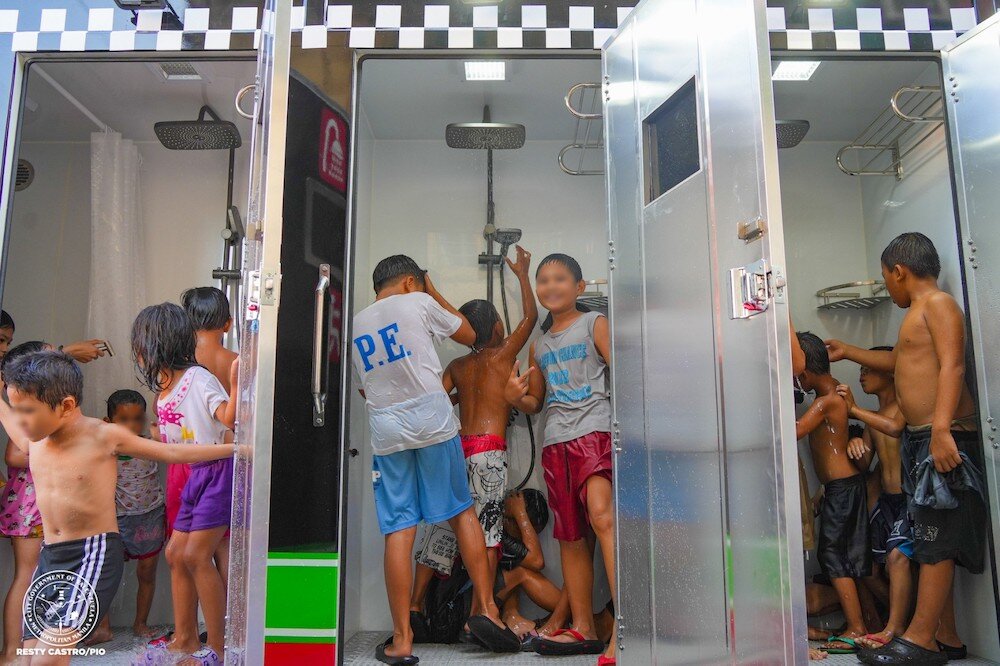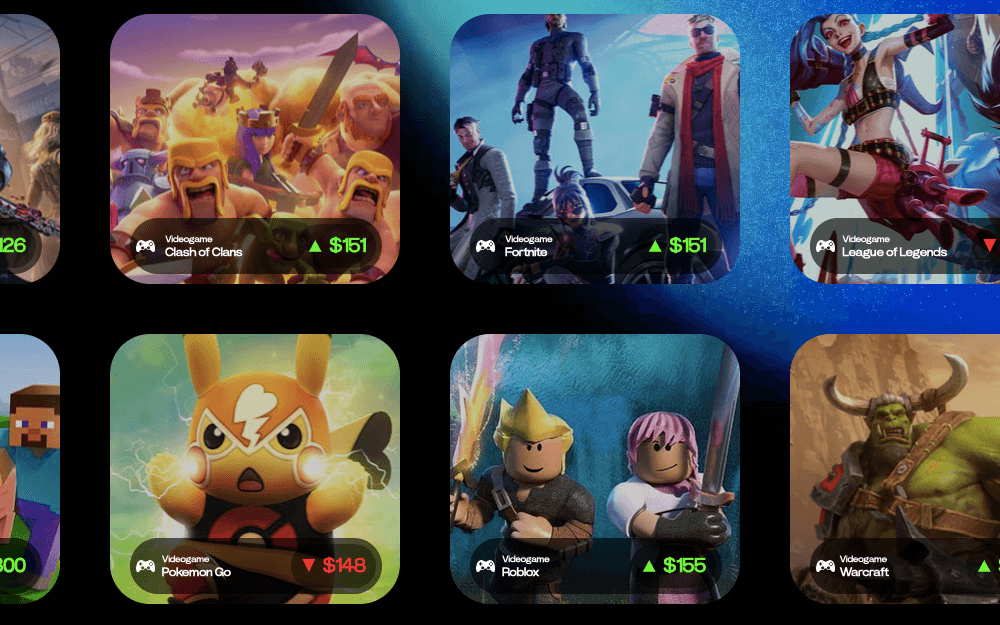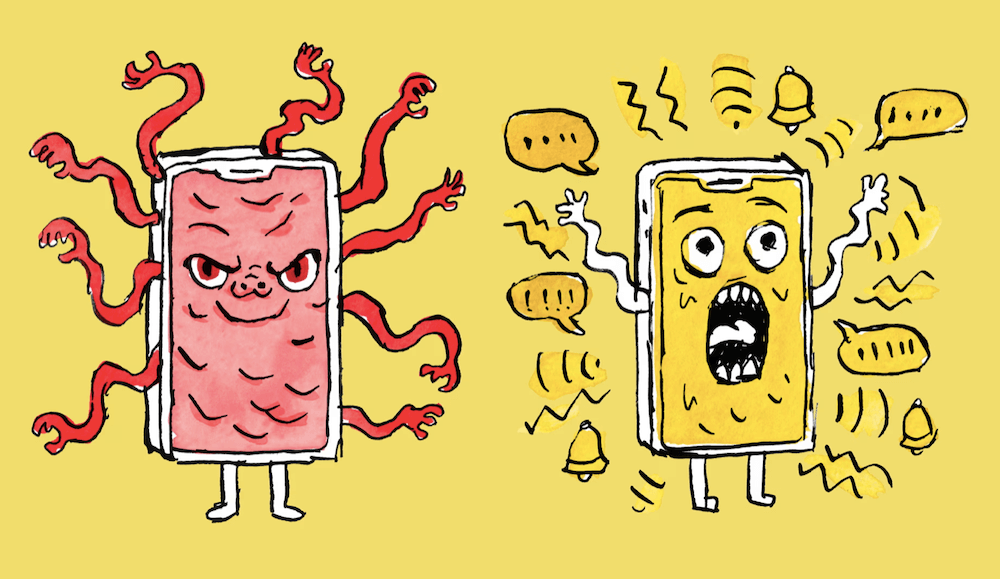Extreme heat has been affecting large regions of Asia in recent weeks. Countries are recording all-time high temperatures, and the heatwave has taken a hefty toll on human and animal lives. In response, governments and brands are launching immediate crisis management measures.
In the Philippines, Valenzuela's municipal government introduced free mobile showers to combat excessive heat and water shortages. The mobile showers make stops at different neighborhoods, allowing citizens experiencing water shortages to cool off and freshen up free of charge.
McDonald's Philippines is also bringing back its Night Classroom initiative. Nationwide, 107 McDonald’s outlets will serve as study hubs until 4 a.m. daily until the end of the month. Dedicated areas within each restaurant are outfitted with wide tables, appropriate lighting, charging stations and free unlimited Wi-Fi — offering students an air-conditioned environment for post-school study sessions.
The World Meteorological Organization reported that Asia is the world’s most disaster-prone region amidst accelerating global warming. Besides short-term mitigation, long-term systemic solutions are urgently needed. For example, Singapore's government plans to coat buildings with reflective paint, after a study from the Nanyang Technological University of Singapore (NTU) found that it cools urban areas by 1.5 to 2 degrees Celcius.
From repurposing branded spaces to rethinking infrastructure planning, what role might you play in helping consumers and communities cope with a hotter planet?
















